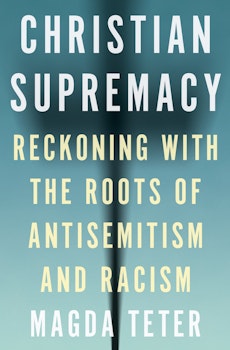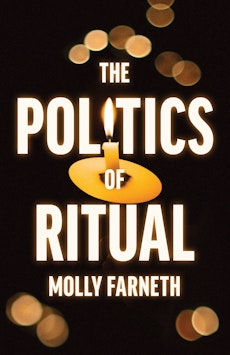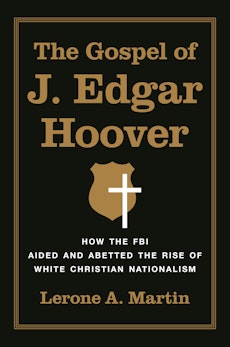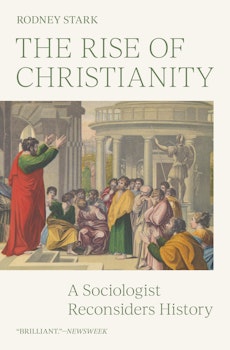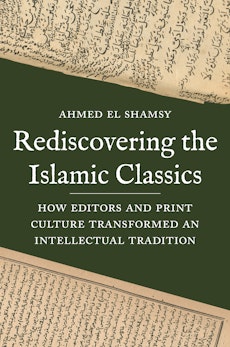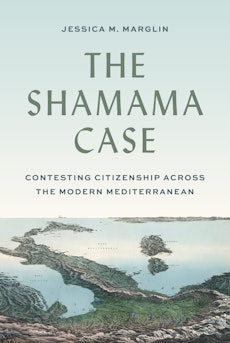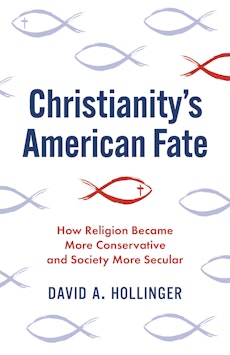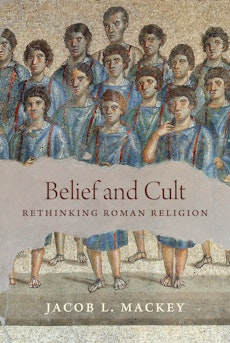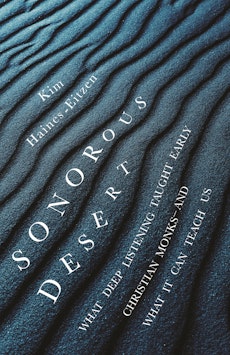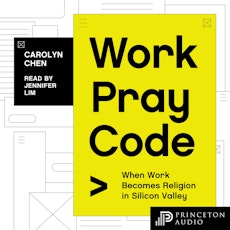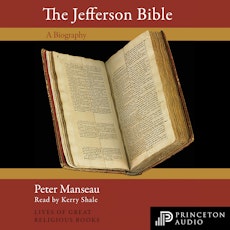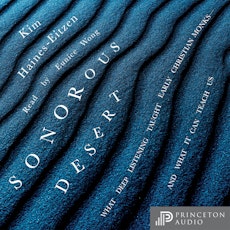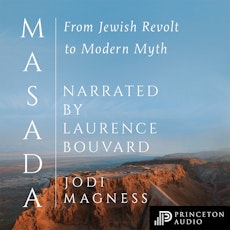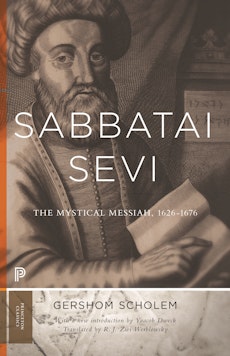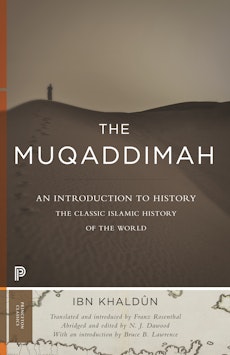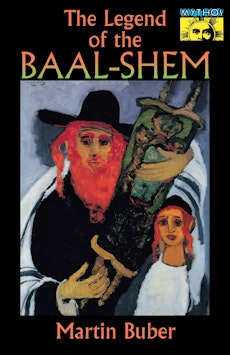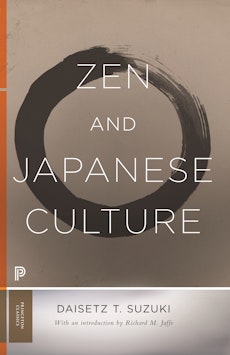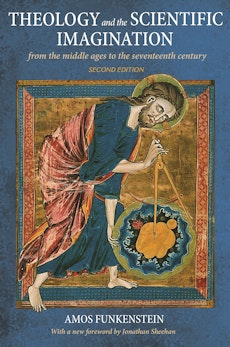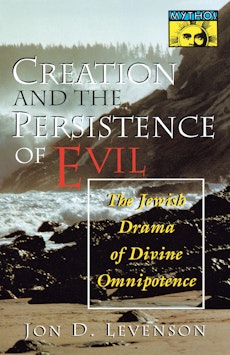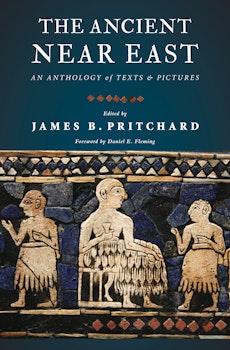Religion

-
Fred Appel
Publisher -
Ben Tate
Senior Editor, Europe
Our list reflects the breadth and diversity of religious studies in the contemporary academy. We publish scholars who study religion across a wide variety of time periods, world regions, and religious traditions, using methods drawn from history, classics, philosophy, literary and cultural studies, sociology, anthropology, and political science.
Whether humanities or social science–oriented, books on the Princeton religion list explore and illuminate the ways in which religious traditions have intermingled and influenced each other to inform our past and present.
New & Noteworthy
Featured Audiobooks
Series
Ideas
-
Forging an American vision of Jewish masculinity
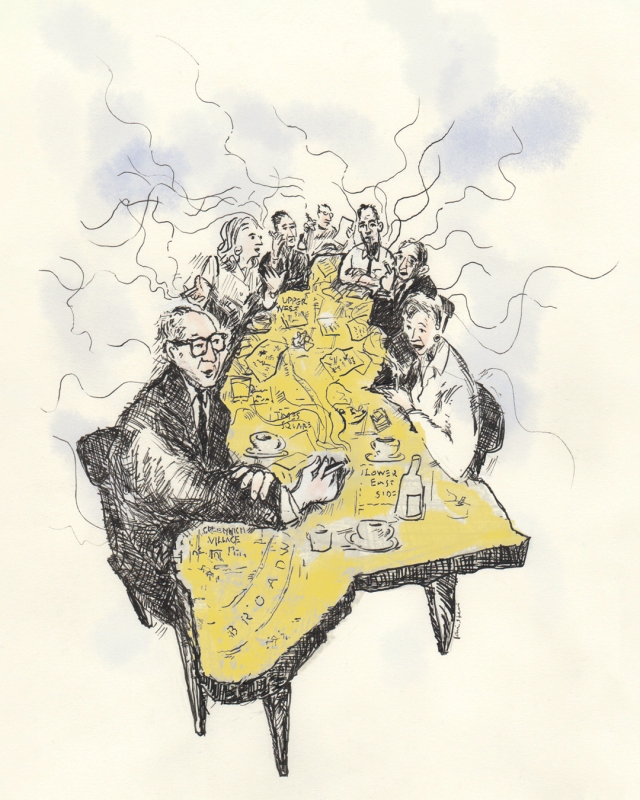
When we think of Jewish masculinity in the United States, our imagination likely conjures up the quintessential nebbish: the neurotic, bookish, geeky intellectual type: think Woody Allen or, more recently, Seth Rogen or even Timothée Chalalemet.
-
Listening to the desert

Deserts are among the most deeply evocative landscapes in the world. They inspire fear and awe, devotion and revulsion, fascination and longing.
-
Sonorous Desert

For the hermits and communal monks of antiquity, the desert was a place to flee the cacophony of ordinary life in order to hear and contemplate the voice of God. But these monks discovered something surprising in their harsh desert surroundings: far from empty and silent, the desert is richly reverberant.
-
Life-changing doubt, the Internet, and a crisis of authority

Yisroel was an earnestly pious boy growing up Hasidic in Brooklyn, New York. With his side curls grazing his shoulders, thick plastic glasses, and big black velvet yarmulke, he looked like all the other boys in his yeshiva, where he studied the Torah and its commentaries from early in the morning until late at night.
-
Listen in: Sonorous Desert
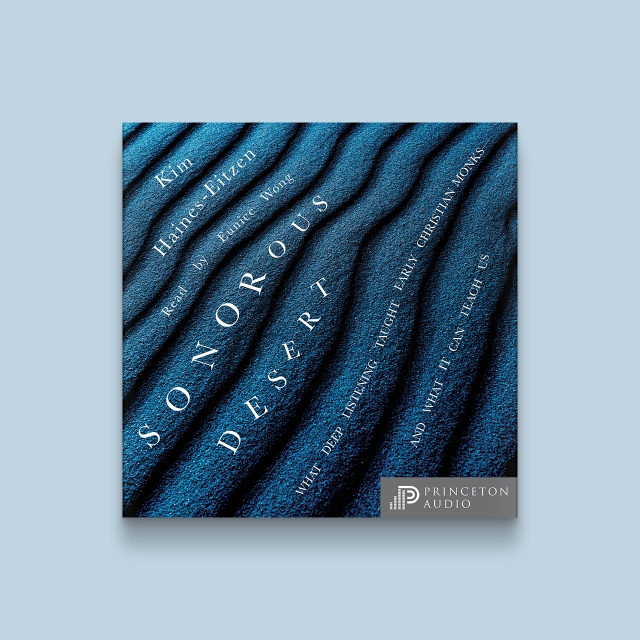
For the hermits and communal monks of antiquity, the desert was a place to flee the cacophony of ordinary life in order to hear and contemplate the voice of God. But these monks discovered something surprising in their harsh desert surroundings: far from empty and silent, the desert is richly reverberant.
